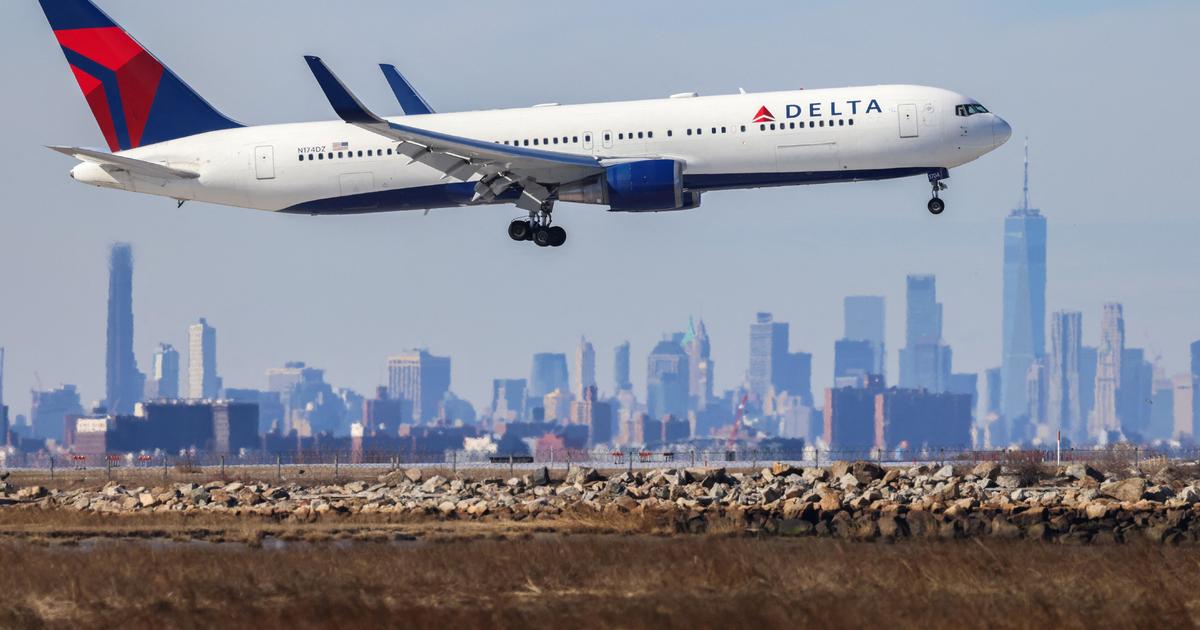NYC Marathon Runners Turning To Intensive Medical Technology To Reach Peak Performance
NEW YORK (CBSNewYork) - If you ask runners, most will agree there is no other race like the New York City Marathon, ready to happen this Sunday.
Nearly every runner is at the tail-end of their training, and CBSN New York's John Dias reports on how technology can now help optimize performance for any athletic competition.
Step after step - sometimes, cramp after cramp - when you're preparing for the marathon you have to stay dedicated and push through.
"It's all about training, the harder you train, the better, the more confident you will feel," said Ivan Reyes, who is in training.
The NYC Marathon is the world's largest marathon, with more than 50,000 runners from around the world competing. For most, training starts months in advance, running full force, rain or shine.
Now, none of those runners have to go at it alone thanks to technology at Mount Sinai Union Square.
"Normally, these services are reserved for elite athletes, there are the only ones that have access to these testing," said exercise physiologist Alex Bunt.
The hospital's team of experts are opening up their "Performance 360" program to the public for the first time, saying they can help anyone reach their human potential no matter the athletic competition.
"Ultimately, the purpose of the test is to get you training zones, purpose, quality and direction to your training when you're out on your own," said Bunt.
He says they base their tests off a person's heart rate, speed, effort level and lactate threshold.
"As we exercise, our bodies produce energy oxygen-derived pathways and the pathways that don't require oxygen, but use carbohydrates," he said.
In other words, that's when it starts to hurt, and that's what they look for.
The team starts with an evaluation by testing the runner's balance.
"We are able to identify maybe subtle weaknesses, or asymmetries, that if corrected, they can prevent injuries in the future," said Mariam Zakhary, a sports medicine physician at Mount Sinai Union Square.
The team then applies markers to the body and takes video during a warm-up run. They can measure different angles, like how the knees bend, and then the oxygen mask goes on.
Each run lasts 3 minutes followed by an increase in speed. As speed increases, a body is going to produce more and more lactate which is measured at each stage.
"There is so much more we can do and see when we slow down the video, rather than do it in real-time," said Zakhary.
In Dias' case, they say he takes too long of steps when running, making him prone to injuries like shin splints.
"When people do that, they land on their heals," said Bunt. "Landing on the heals is not a horrible thing, but has been linked to some injuries."
For more information about Mount Siani Union Square's technology, see their website.



